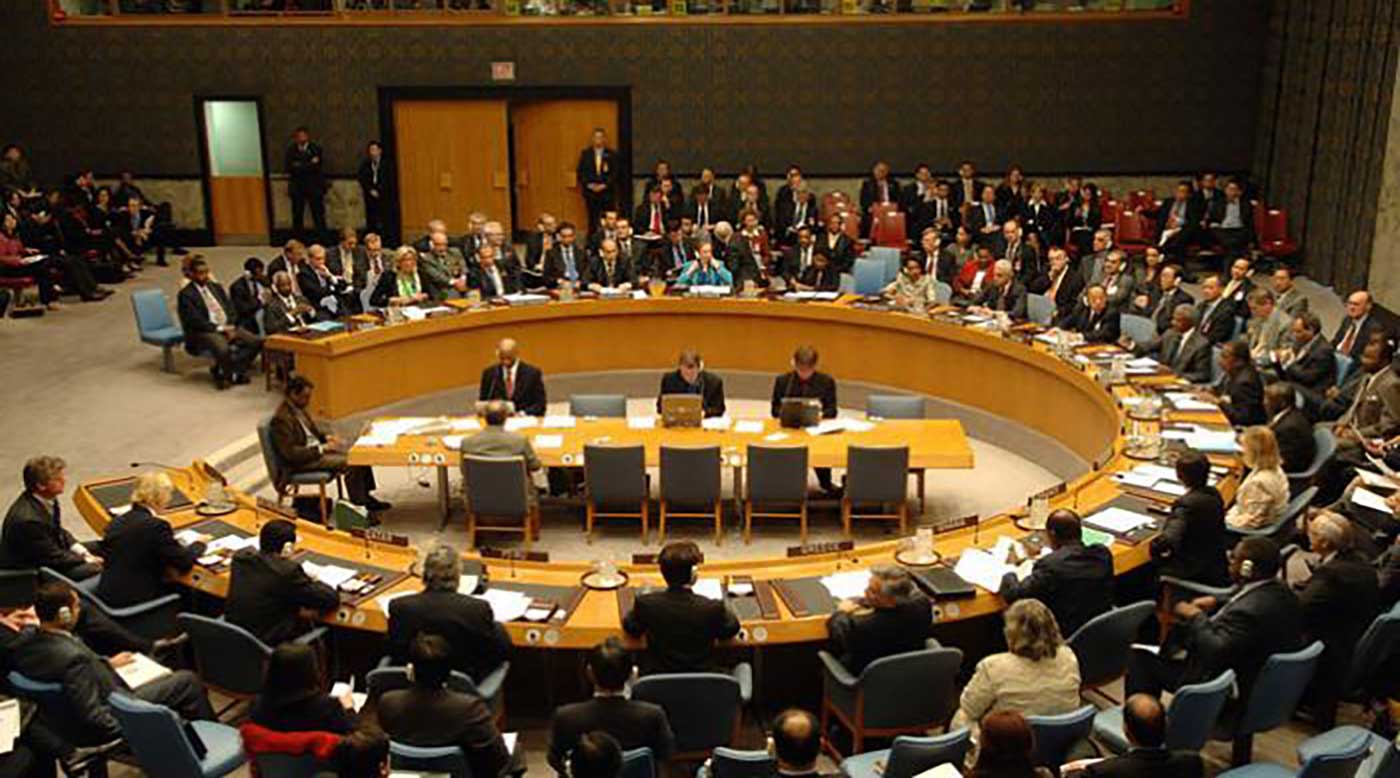QAMISHLI, Syria (North Press) – On Thursday, Aktham Na’isa, a human rights activist, said, “In this stage, Syria need all the efforts of the international organizations defending human rights, including UN and Syrian activists, to pressure the UN Security Council to found an international criminal tribunal for Syria.”
Na’isa’s words to North Press came after Catherine Marchi-Uhel, Head of the International, Impartial, and Independent Mechanism to assist in the Investigation and Prosecution of Persons Responsible for the Most Serious Crimes under International Law Committed in the Syria, revealed that the mechanism provided information and proofs to 12 national jurisdictions.
“The mechanism cooperates with 12 different jurisdictions and we support investigation and prosecutions. We have received 100 requests for assistance in connection with conducting 84 investigations and prosecutions,” Uhel added.
She pointed out that the mechanism exchanged information and proofs with 39 investigations out of 100.
“All the documents that were accounted that may exceed 900,000 documents, are enough to try the Syrian government and others of those, who committed humanitarian abuses,” Na’isa added.
He called for chasing them everywhere in this world under the motto, “there is no impunity.”
Sahar Howayijah, a lawyer and political activist, wondered, “After the international community has failed to counter the continuous crimes against Syrians for about ten years, will it manage to try the criminals?”
“Syria ranks first in the world after World War II regarding the number of the violent crimes committed against humanity and the laws of war,” she said in an interview with North Press.
“The work of international justice institutions that are concerned with the Syrian issue, whether in terms of gathering evidence or investigations into committed crimes, victims’ testimonies and reports, documenting crimes and prosecuting criminals, all, without any doubt, will benefit justice in the long run,” she added.
She pointed out that the UN independent committee for investigating crimes and collecting evidences “is of great importance represented in gathering evidences and information for committed crimes and documenting them.”
It is also not allowed to take legal action against any criminal, and its work is characterized by secrecy, and its function is limited to assisting the courts in the event that they are asked to take legal action against one of the accused.
The political activist called “for gathering and following proofs through all possible means, especially satellites that are hardly available for justice institutions; however, available for important countries that monitor war crimes and the devastating indiscriminate bombardment.”
“Decision makers and influential people are accused for crimes regarding mass and forced displacement whose victims are whether alive or not, because it is difficult to know the exact criminal in most cases,” she added.
Muhammad al-Sa’di, a political activist living in Damascus, expressed his belief that “there must be international pressure through the international judiciary in case the Syrian regime does not surrender to the upcoming political settlement.”

